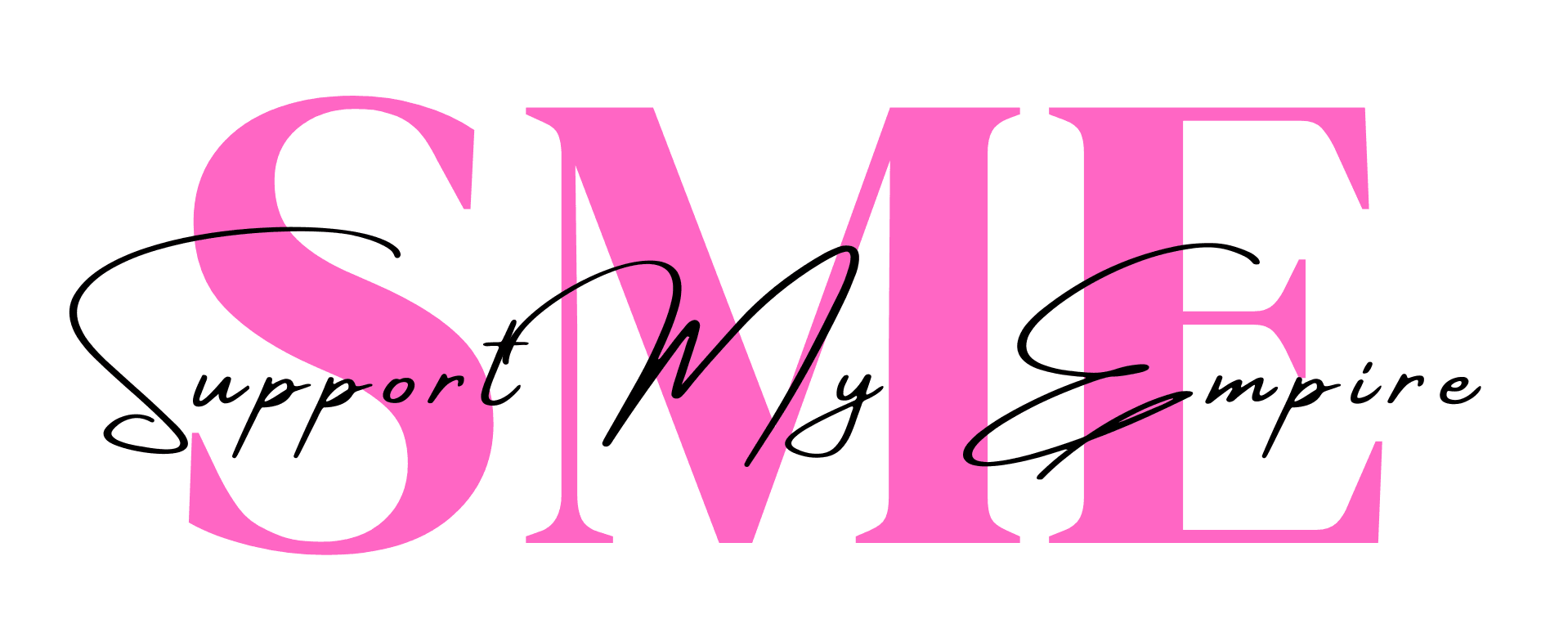Why Consider Brand Licensing.
Brand licensing can be a strategic game-changer for your business. If you’re looking to expand your brand’s reach, increase revenue, and strengthen your market presence, licensing offers a powerful solution.
Whether you’re a brand owner seeking growth or a company looking to enhance your product portfolio, licensing offers mutual benefits. It fosters collaboration, drives innovation, and amplifies brand recognition. Consider licensing as a strategic tool to unlock new opportunities, connect with a wider audience, and drive sustainable growth for your brand

Types of Brand Licensing
In Licensing: By allowing other companies to use your brand on their products or services, you tap into new markets and revenue streams without the need for significant capital investment. It’s a smart way to leverage your brand’s equity and gain broader exposure.
Out Licensing: Conversely, if you have a well-established brand, out licensing enables you to extend your product offerings without the costs and complexities of in-house development. By partnering with trusted licensees, you can maintain brand consistency while diversifying your product range.
Misconceptions of Licensing
Branding Encompasses More Than Marketing: While marketing is a crucial component of branding, branding itself is a broader concept that goes beyond just promotional activities. Branding encompasses every aspect of how a company presents itself to the world and how it is perceived by its audience. This includes not only marketing but also product design, customer experience, employee culture, values, and more.
Brand Licensing is Only for Big Brands: There’s a misconception that licensing is reserved for large, well-known brands. While established brands do engage in licensing, it’s not exclusive to them. Smaller brands, startups, and even niche businesses can benefit from licensing by partnering with the right licensees. It’s more about the brand’s equity, audience appeal, and strategic fit than its size or fame.
Licensing vs. Manufacturing: Licensing involves granting others permission to use your brand on their products, while manufacturing means producing products in-house. The misconception lies in thinking they are interchangeable. In reality, they have distinct advantages and considerations. Licensing leverages your brand without the need for manufacturing infrastructure, while manufacturing offers full control but requires substantial investment and responsibility. The choice depends on your brand’s strategy, resources, and risk tolerance.
Conclusion
Licensing can be a transformative approach for businesses of all sizes. By understanding the different types of licensing, dispelling common misconceptions, and creating a comprehensive license strategy report, companies can harness the full potential of their brands and achieve significant growth. Whether you’re looking to expand your reach or diversify your product offerings, licensing offers a path to sustainable success.
Our Services
We’ll do the heavy lifting so you can focus on running your business.
You won’t be doing this alone; we’ll walk you through every step.
No Burpees, Just Flexing! Weekly Workouts for a Stronger Bottom Line.
Resources
The Retail Gym Your Weekly Business Workout
No sweat, just success! The Retail Gym is your weekly business workout designed to help you lift your retail strategies, tone your sales skills, and flex your competitive edge—without a single burpee.





